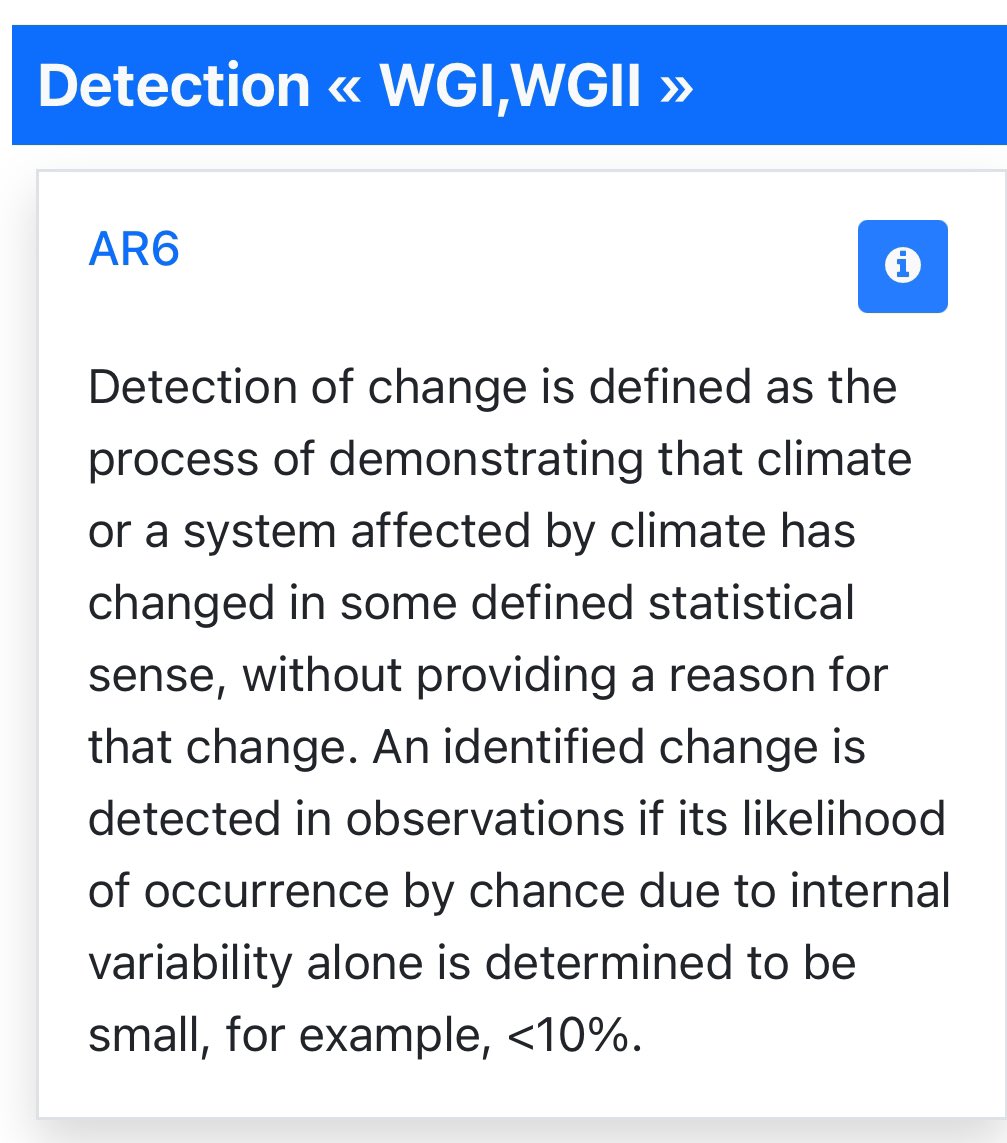🧵
Let me explain how the Paris Agreement is a spectacular success & how it’s critics misunderstand its role in climate policy
The news from Glasgow could hardly be better . . . ft.com/content/b02f1e…
Let me explain how the Paris Agreement is a spectacular success & how it’s critics misunderstand its role in climate policy
The news from Glasgow could hardly be better . . . ft.com/content/b02f1e…
The idea that any domestics policies are made at COPs is wrong
Domestic policies are made in legislatures, parliaments & power centers of sovereign nations
Paris corrected Kyoto’s flaw in this regard
Paris allows a public statement of pledges & reporting on progress
Domestic policies are made in legislatures, parliaments & power centers of sovereign nations
Paris corrected Kyoto’s flaw in this regard
Paris allows a public statement of pledges & reporting on progress
Many seem to believe that leaders of sovereign states can make policy, pledges or promises at COPs
They can’t
Don’t ask them to
They can’t
Don’t ask them to

Remember the goals of the Paris Agreement
To “strengthen the global response” since it, on its own is not a global response — action happens in sovereign nations
In pursuit of a higher order goal to limit global temperature increases to well below 2 C
unfccc.int/sites/default/…
To “strengthen the global response” since it, on its own is not a global response — action happens in sovereign nations
In pursuit of a higher order goal to limit global temperature increases to well below 2 C
unfccc.int/sites/default/…

So what has Paris done?
Remarkably … it has now secured current pledges from nation’s around the world that would limit global T increase to 1.8C
Achieving that would be complete policy success under Paris
Pledges are not success, but pledges are all Paris can secure. . .
Remarkably … it has now secured current pledges from nation’s around the world that would limit global T increase to 1.8C
Achieving that would be complete policy success under Paris
Pledges are not success, but pledges are all Paris can secure. . .

All of the actual policy action - meaning promulgation, approval & implementation of actual climate policies - occurs in between COPs & within sovereign states
Paris foresees this & is centered on a mechanism of reporting and accountability under what are called NDCs
Paris foresees this & is centered on a mechanism of reporting and accountability under what are called NDCs

In terms of securing pledges, the Paris Agreement has done its job
Shining a bright light on progress with respect to NDCs & even ratcheting them forward will continue to be important of course
But the center of gravity on climate policy is (and always has been) in nations
Shining a bright light on progress with respect to NDCs & even ratcheting them forward will continue to be important of course
But the center of gravity on climate policy is (and always has been) in nations
Now here is something to consider
With current pledges the 2C target is well in sight
Unlike death & taxes, pledges are not guarantees
But still, it is in sight
This helps to explain the mad rush by advocates to move the goalposts from 2C to 1.5C
Policy success is a concern
With current pledges the 2C target is well in sight
Unlike death & taxes, pledges are not guarantees
But still, it is in sight
This helps to explain the mad rush by advocates to move the goalposts from 2C to 1.5C
Policy success is a concern

Accompanying the target shift has been a corresponding evolution of the threshold-of-catastrophe
Once it was 5C that was catastrophe, then 4C
Today the onset of catastrophe is often set at 3C
And some are even saying 2C is catastrophe
It won’t be long that 1.5C plays that role


Once it was 5C that was catastrophe, then 4C
Today the onset of catastrophe is often set at 3C
And some are even saying 2C is catastrophe
It won’t be long that 1.5C plays that role



There’s no problem with nation’s revisiting the Paris Agreement and reinterpreting 1.5C as a target rather than an aspiration
They haven’t yet
My advice is to move away from T target advocacy (abstract & inscrutable) and on to net-zero pledge advocacy (intuitive & obvious)
They haven’t yet
My advice is to move away from T target advocacy (abstract & inscrutable) and on to net-zero pledge advocacy (intuitive & obvious)
• • •
Missing some Tweet in this thread? You can try to
force a refresh
















